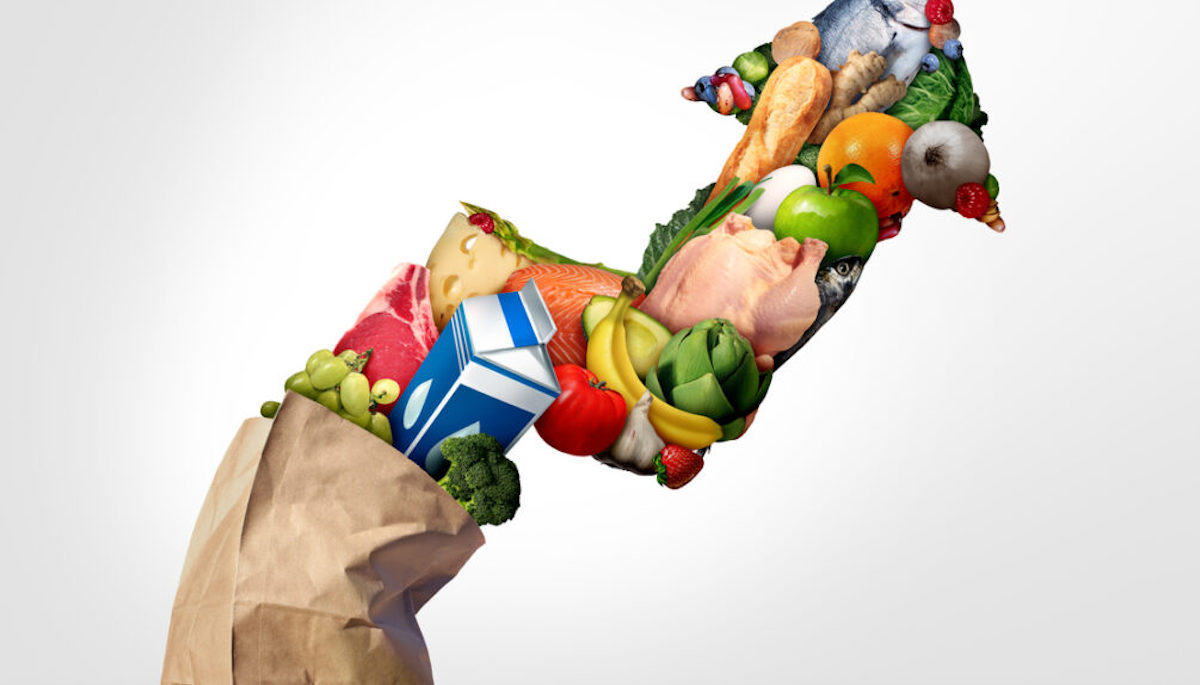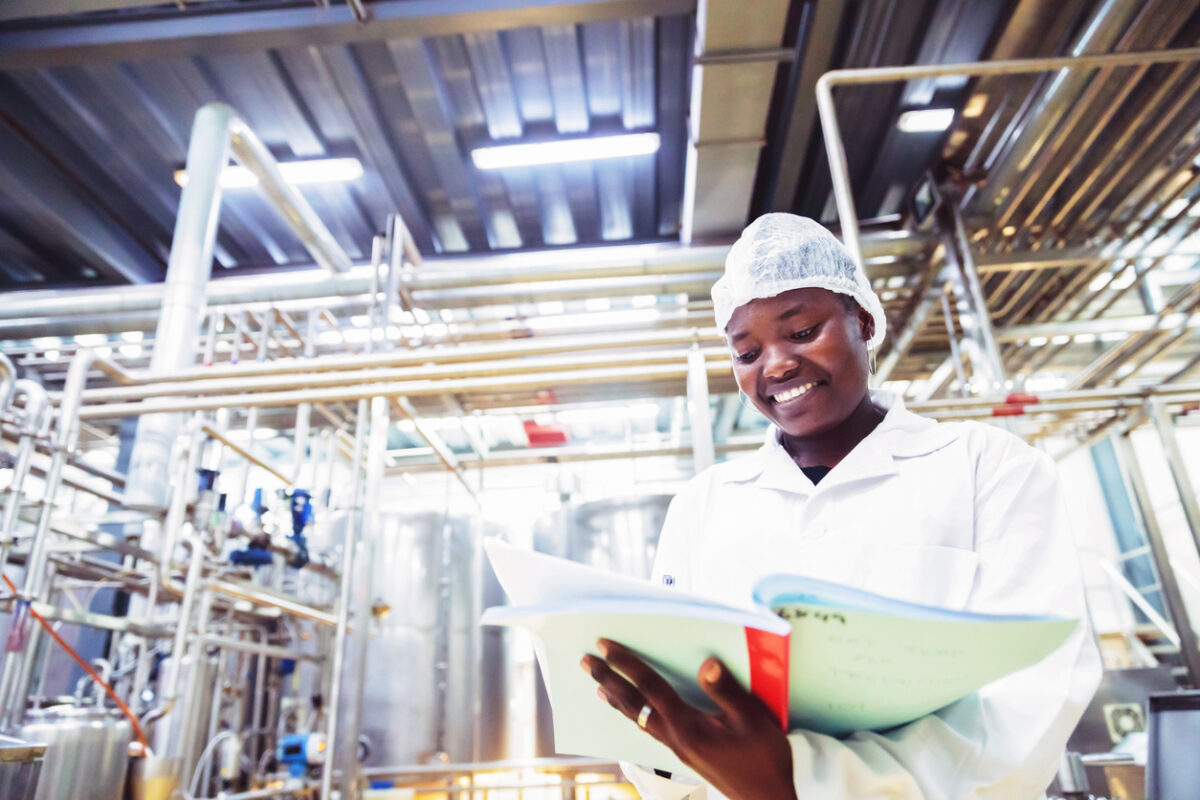Nearly half of manufacturers have cut or halted investment projects as cost pressures bite, reveals FDF

Some 49% of food and drink manufacturers have paused or cancelled capital investment projects, according to a new survey from the Food and Drink Federation (FDF).
The FDF State of the Industry Report for the third quarter of 2022 (Q3) shows many manufacturers are being forced to scale back plans for growth as inflation continues to grow.
The survey respondents represent a variety of sectors across England, Scotland, and Wales, including ingredients, confectionary, condiments, prepared meals, and baked goods.
Where there is investment, most of it is targeted at reducing long term cost pressures. Just over half of manufacturers said their investment priorities are veered towards improving energy efficiency and switching fuel, while 48% said developing new products and packaging was another top priority.
Around 60% of businesses also said they were prioritising savings through greater energy efficiency in factories, while half also reported they were changing their procurement strategies to limit the scale of essential price increases.
Areas which had the lowest investment priority were logistics and supply chain, and employee training.
Around 73% of respondents said that production costs were the most likely to limit capital investment expenditure over the next twelve months.
Production costs have increased at an average of 21% over the last year the report reveals, and 41% of companies have seen their costs go up by 10 to 19%, while a minority reported increases of over 40%.
Rising energy prices, a result of the conflict in Ukraine causing reduced supplies of Russian gas, is one of the major cost pressures affecting UK manufacturers in Q3, with energy’s share of operating costs going up to 22% – a 10% increase on the year.
Around 57% of companies said they would need sales prices to increase over 10-14% in the next year, while just over a third of large companies would need a jump of 20-24% to respond to cost pressures.
To alleviate the severity of some of these problems, more than half of manufacturers said they would welcome tax incentives offered for capital investment. Some 44% would also like to see a reduction in the costs of moving produce between the UK and the EU and improvements to the UK-EU Trade and Cooperation Agreement. Just over a third have also called for regulatory reform to reduce the burdens and cost of inefficient and ineffective regulation.
Capital investment for SMEs has been especially restricted by finance-related challenges, with 57% reporting cash flow issues as a major hurdle. A combination of the difficulty in raising finance and the challenges faced by increasing sales prices has meant that SME investment has been the hardest hit.
Over half of SMEs would like to access loans and support to help them adopt automated and robotics-based technology, which they have stressed is key to drive improved productivity. Around 47% of larger businesses also want to see the R&D tax credit system reformed, while 21% of medium-size businesses have called for increased investment in skills.
Overall confidence in the industry sunk to a record low in Q3 according to the report, with the mood of manufacturers being the most pessimistic since the FDF began these surveys in Q1 2018. Some 54% of respondents think business conditions will continue to deteriorate in the next quarter, and only 8% expect to see some improvement. Nearly 40% of manufacturers think conditions in the next quarter will be like those seen in Q3.
Karen Betts, Chief Executive of the Food and Drink Federation said in a statement: “Confidence within the industry is at rock-bottom. Soaring energy, ingredient and other costs are proving impossible to handle and acute labour shortages mean many companies are trying to make the same amount of goods with fewer people to do it.”
The report shows that labour shortages are continuing to trouble the industry. In Q3, unfilled vacancies accounted for 9.2% of the labour force for large businesses, 8.8% for medium-sized companies, and 8.1% for small businesses. The largest number of shortages were reported for high-skilled workers, such as engineers, R&D scientists, area supervisors, sales and sales administrators, technical specialists like food and packaging technologists, and production operatives, including production and warehouse operators, drivers, packers, machine operators and seasonal workers.
While earlier this year, the Government Food Strategy encouraged looking towards automation to address the labour shortage crisis, many businesses don’t currently have the confidence nor the money to invest in such technology, says the FDF.
Betts concluded: “We hope the Chancellor will be weighing these challenges as he prepares for the Autumn Statement next week. The UK’s vibrant food and drink sector is at the heart of all of our lives and is critical to the fabric of our society.
“We’re so good at ensuring the goods everyone wants to consume is always available that we’re easy to take for granted. That would be a mistake.
“It’s not good enough simply to enjoy the things we make and assume they’ll always be there. As shoppers are now discovering, sometimes that isn’t the case.”
Inflation is heavily impacting all areas of the food and drinks industry. As the hospitality sector reports energy price rises of up to 95%, find out how it’s managing the crisis in this Food Matters Live Podcast episode:








